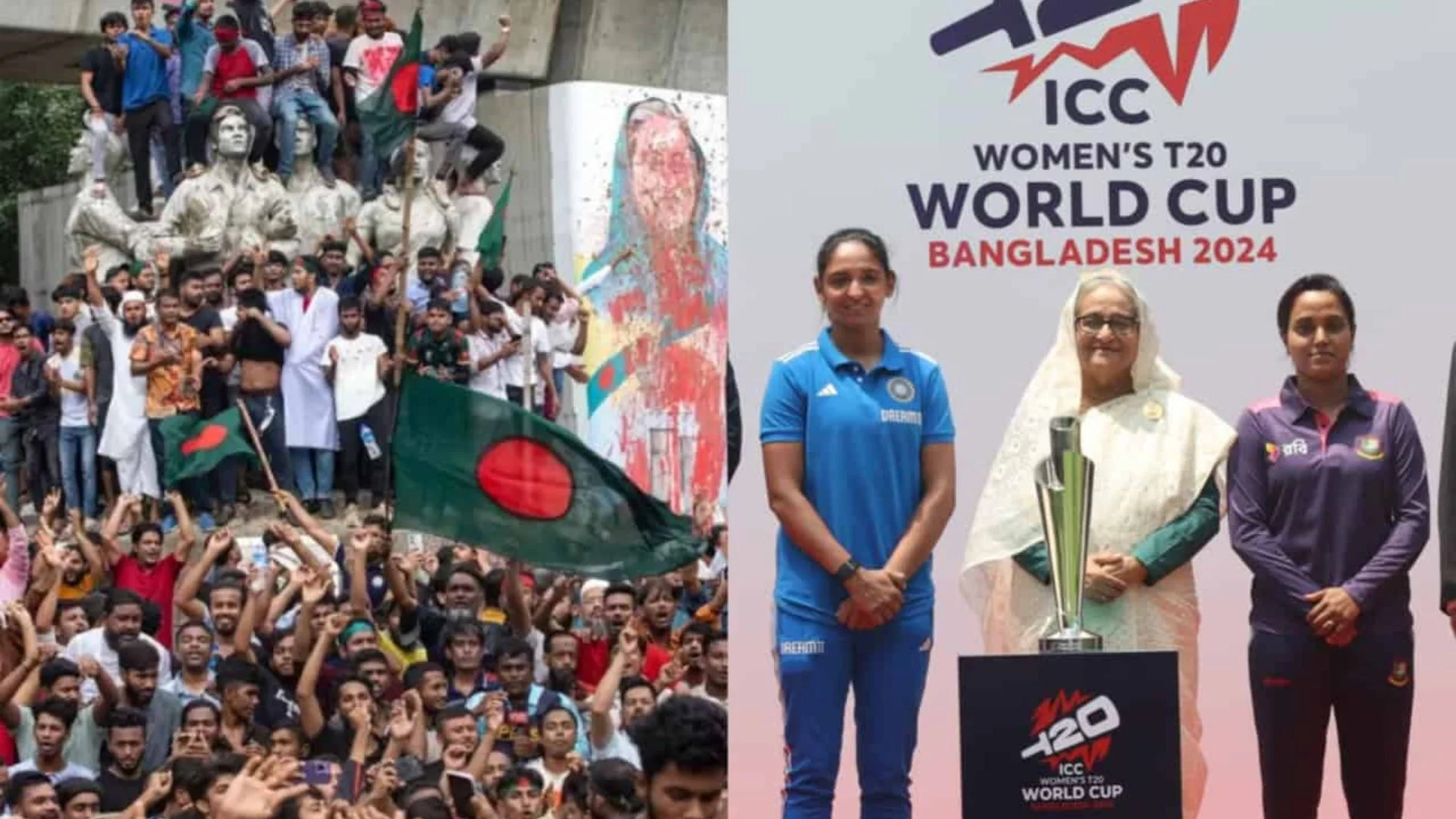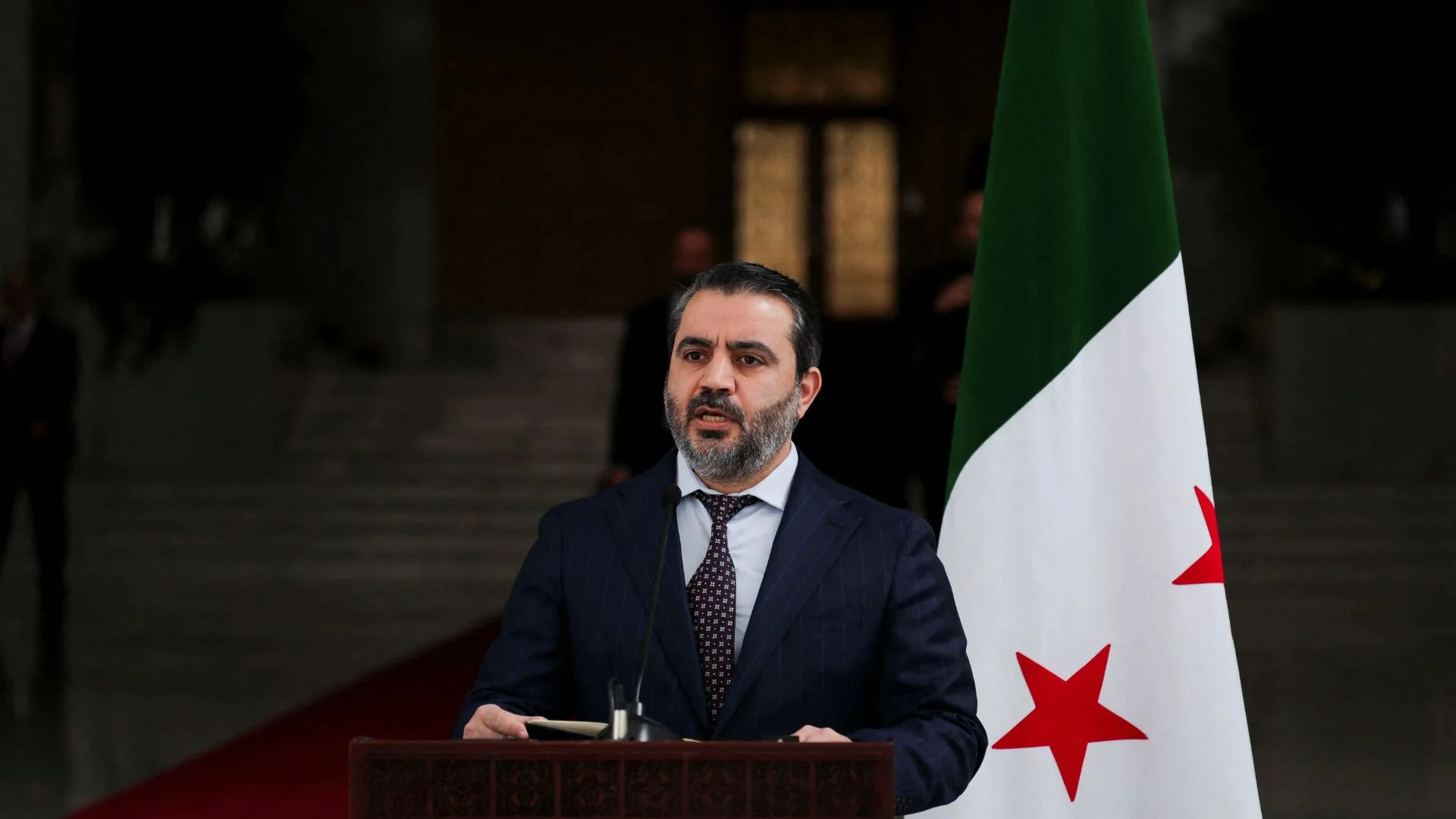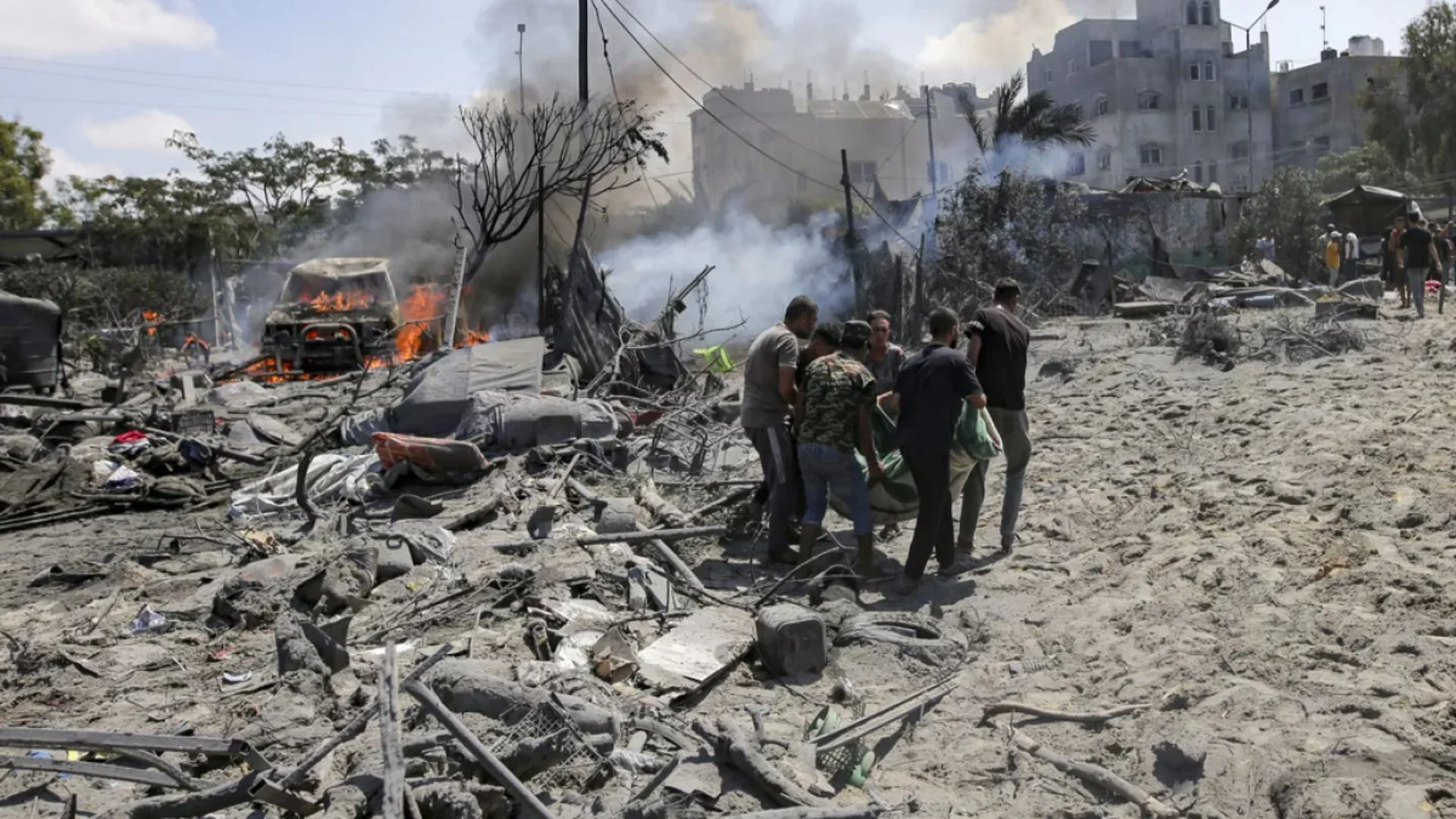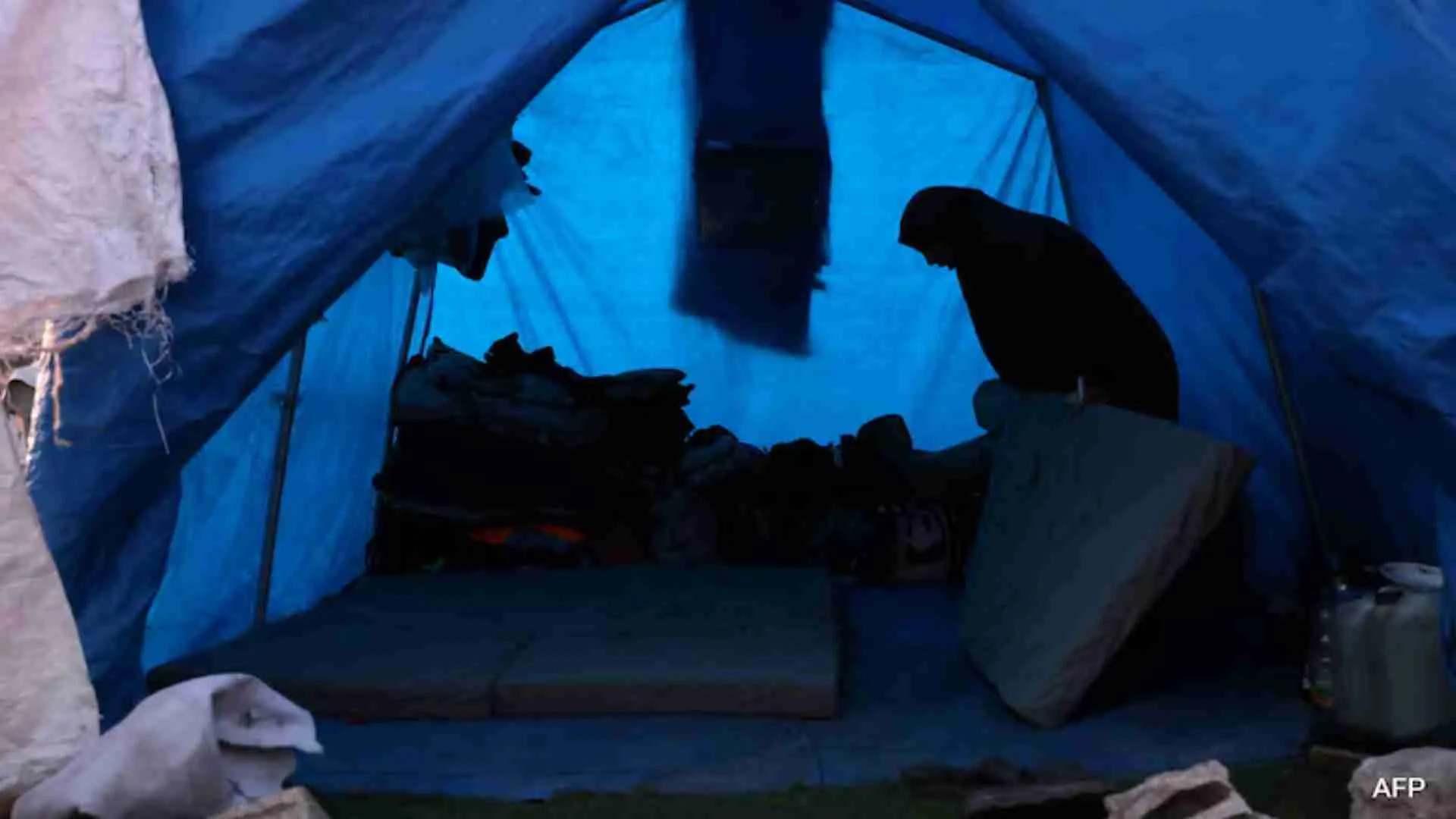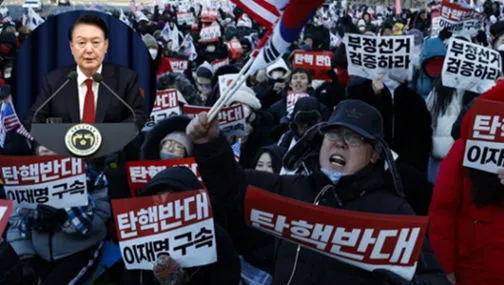Bangladesh government is actively seeking to retain the rights to host the upcoming Women’s T20 World Cup, despite facing significant challenges. Asif Mahmud, youth and sports adviser to Bangladesh’s interim government, has announced plans to engage with the United Nations (UN) over travel restrictions imposed by several countries, which affect their citizens traveling to Bangladesh.
The International Cricket Council (ICC) has informed participating boards that it is closely monitoring the situation in Bangladesh. The ICC is considering all options, including relocating the tournament if the travel bans remain. Australia, the UK (including England and Scotland), India, and New Zealand have advised against or discouraged travel to Bangladesh due to these restrictions.
Travel Restrictions and BCB’s Challenges
The Bangladesh Cricket Board (BCB) sees these travel bans as a major obstacle to hosting the tournament. The BCB is struggling with travel restrictions imposed by various governments, which are beyond its influence. Mahmud noted that discussions will be held with the UN to address these issues, including security and infrastructure concerns. He expressed hope that Professor Yunus, chief adviser to the interim government, could help resolve the matter.
Amidst these challenges, the BCB is facing a crisis of its own. BCB President Nazmul Hassan, a former sports minister, has been untraceable since the fall of the Awami League government on August 5. Several directors with political ties are also unavailable. Mahmud mentioned the possibility of forming an interim committee to manage the BCB but emphasized the need for the board’s autonomy in decision-making.
Calls for Reform within the BCB
Calls for reform within the BCB are increasing. Former BCB general secretary Syed Ashraful Huq, who played a key role in securing ICC Full Membership for the BCB in 2000, has expressed disappointment with the board’s performance. Huq criticized the lack of significant improvement over the past 24 years, despite some infrastructural development. He pointed out that the BCB still lacks a dedicated cricket ground and has failed to deliver on its plans.
Huq’s comments reflect growing frustration within the cricket community regarding the board’s governance and its impact on the sport’s development in Bangladesh.

